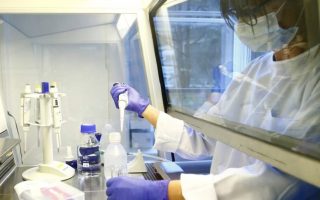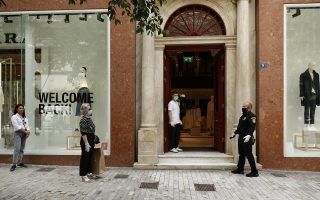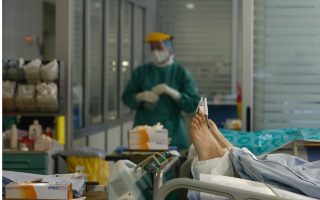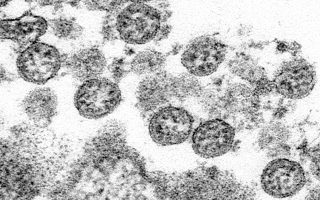Fresh air curbs virus transfer in buildings, say experts
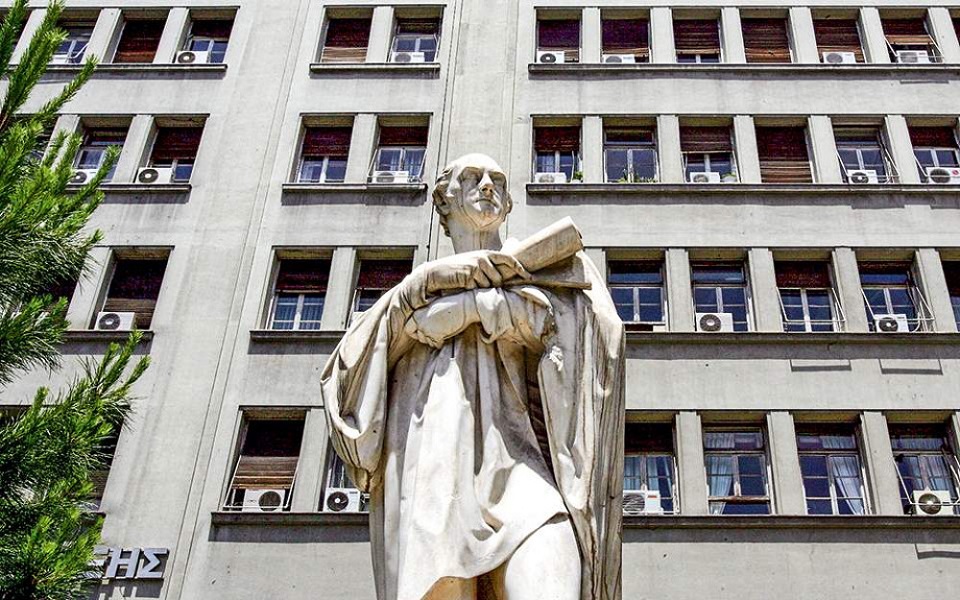
Increasing natural ventilation and the regular maintenance of air conditioning units are some of the basic methods by which the spread of the new coronavirus in public buildings, offices and homes can be reduced, according to experts.
There are several ways in which Covid-19 can be spread through ventilation and air conditioning systems, according to five Athens University academics, including Vassiliki Benetou and Dimitrios Paraskevis of the Medical School, who synopsized the most recent available relevant data.
Infected droplets can be transferred on the air flowing out of AC units and can travel through the air ducts of ventilation systems, the experts said, emphasizing the risk of infected air being recirculated by such systems.
The risk is deemed to be greater in public buildings as they are more densely populated and generally more reliant on air conditioning than ventilation, with the risk of infection through AC units at private homes believed to be relatively low.
The best solution to ward off the spread of infected droplets is the regular natural ventilation of buildings, including restrooms, the experts said.
Where possible, air conditioning units should be set to ensure that the outside air intake is increased, by up to 100 percent of the supply where possible.
Furthermore, it is also recommended that air conditioning units operate 24 hours a day, seven days a week, to ensure that air is constantly being replenished. Moreover, the ducts expelling air from inside should be as far away as possible from those drawing fresh air from the outside, the experts said.

